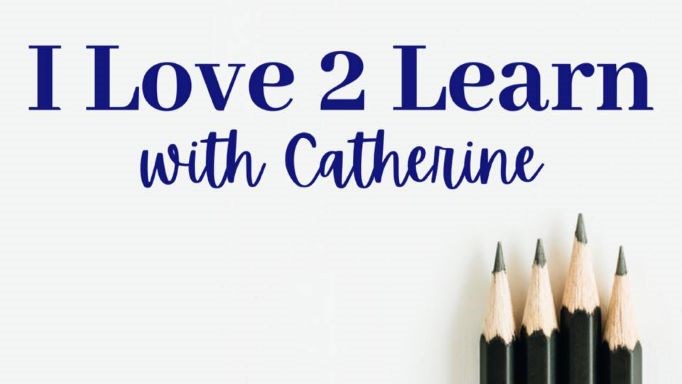What is Dyslexia?
Monday, January 30, 2023 by Catherine Gilliland | Dyslexia Support
.png)
Simply put, dyslexia is an unexpected difficulty learning to read.
The International Dyslexia Association has developed a comprehensive definition of dyslexia. Nancy Mather, Ph. D explains the condition for laymen as "a neurobiological disorder that affects the development of basic reading skills, spelling, and automaticity with sound-symbol connections." She goes on to explain, "It is often accompanied by specific weaknesses in cognitive factors that predict poor reading and spelling" ("Essentials of Dyslexia: Assessment").
Will children ever "grow out" of dyslexia? In short, the answer is no. It is a lifelong condition. There are, however, at least two pieces of great news! Very effective dyslexia interventions exist that reduce dyslexia's impact on the whole person, plus, "Research indicates that dyslexia has no relationship to intelligence. Individuals with dyslexia are neither more nor less intelligent than the general population. But some say the way individuals with dyslexia think can actually be an asset in achieving success" (International Dyslexia Association). You probably are very familiar with the names of these truly successful Americans: Thomas Edison, Stephen Spielberg, F. Scott Fitzgerald, and Charles Schwab. Each of these men has dyslexia, yet still pursued their dreams and made great contributions to mankind.
The universal recommendation is for early intervention. When dyslexia is diagnosed early in a child's education (K-2), effective, science of reading interventions can begin and less time is lost for remediation. Grades K-3 are spent teaching the skills of reading, whereas in grades 4-12 and beyond the skill of reading is used for the purpose of learning. It is crucial that students receive interventions early to prevent falling behind because of reading deficits as their school career progresses.
The science of reading is "a comprehensive body of research that encompasses years of scientific knowledge, … and shares the contributions of experts from relevant disciplines such as education, special education, literacy, psychology, neurology, and more [and has enabled researchers to] identify an evidence-based best practice approach for teaching foundational literacy skills called Structured Literacy" (IMSE Journal).
Dyslexia may seem like a death sentence of sorts, but it is not! Dyslexia's typical deficits manifest differently in each individual it touches. With intervention, individuals with dyslexia are able to learn to read, spell, and comprehend. Their reading fluency may never reach that of their peers,yet with advocacy, assistance, and as needed, accommodations, dyslexics are able to maximize their intelligence and develop into successful members of society, making impressive contributions to humankind.
Sources:
"Dyslexia At a Glance" - International Dyslexia Association (dyslexiaida.org)
Mather,Nancy, Ph.D., "Essentials of Dyslexia: Assessment", Virtual Dyslexia Conference, Dyslexia Training Institute, Spring 2020.
"What is the Science of Reading?" | Structured Literacy | IMSE Journal | IMSE - Journal


